Posted on 12/20/2024
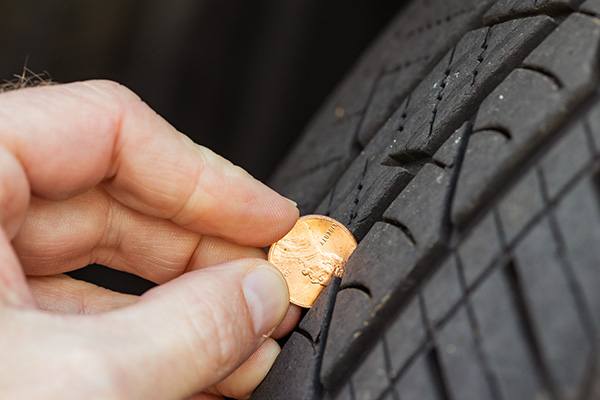
Tires are one of the most important safety features of your vehicle, and ensuring they are in good condition is essential for safe driving. One of the easiest and most effective ways to assess the health of your tires is by checking the tread depth. Tread plays a crucial role in maintaining traction, especially in adverse weather conditions like rain, snow, or ice. If your tire tread is too shallow, it can increase the risk of hydroplaning or reduce your vehicle’s ability to stop in time. While there are professional tools and techniques for measuring tire tread depth, one simple and cost-effective method is the penny test. This easy test can give you a quick and reliable assessment of whether your tires are still safe to drive on. What Is the Penny Test The penny test is a quick way to measure the depth of your tire tread using just a U.S. penny. By checking how far the penny goes into the grooves of your tire, you can get a sense of how much tread is left. T ... read more
Posted on 11/29/2024
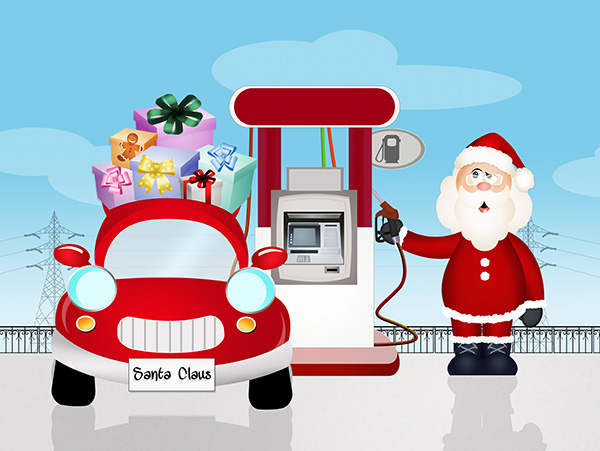
The holiday season is synonymous with travel, and for many, that means hitting the road to visit family and friends. While Christmas brings joy and togetherness, it can also bring higher expenses—especially at the gas pump. With fluctuating fuel prices, long drives, and stop-and-go traffic, your holiday travel can start to take a toll on your wallet. So, how can you make those miles stretch further? Plan Your Route Efficiently One of the easiest ways to save on gas is by planning your route before you head out. Avoid the temptation to rely solely on your GPS without double-checking for alternate options. Apps like Google Maps or Waze can help identify routes with fewer traffic jams or tolls, which can cut down on both your travel time and gas usage. If you’re traveling to a destination far away, try to drive during non-peak hours. Heavy traffic delays your trip and burns through your fuel as you idle in congestion. A well-planned departure can help you d ... read more
Posted on 10/31/2024
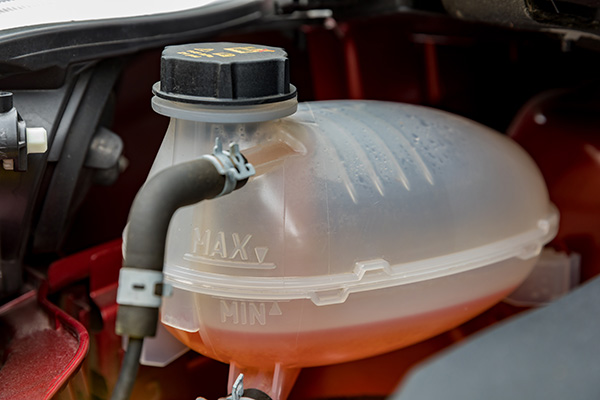
Seeing an empty coolant reservoir can be concerning, especially if you’re unsure why it’s happening. Your car’s cooling system keeps your engine at the right temperature, and coolant is required in that process. But when you notice that the coolant reservoir is empty, it raises questions. Where did the coolant go? Is there a leak, or is something else causing the problem? Let’s explore some of the common reasons for an empty coolant reservoir and what you can do to address the issue. Evaporation or Leakage One of the most common causes of a low or empty coolant reservoir is leakage. The coolant system is designed to be a closed system, meaning that under normal circumstances, the coolant should not escape. If the coolant level is dropping, you’re likely dealing with some sort of leak. But where could it be coming from? The most obvious answer is external leaks. This could occur from damaged hoses, a loose radiator cap, or cracks in the ... read more
Posted on 9/27/2024
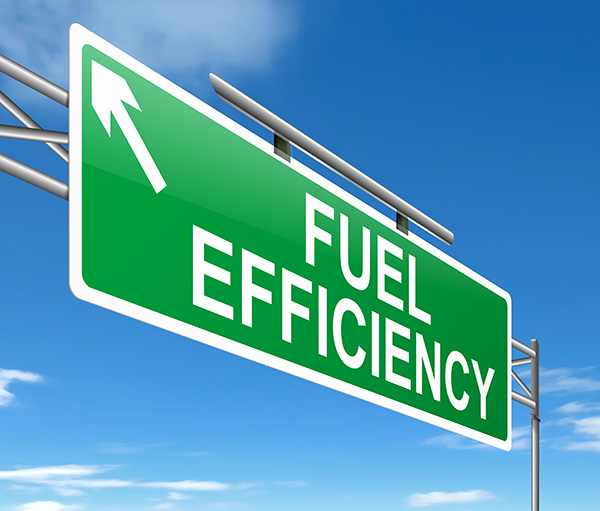
With rising fuel prices and growing concerns over environmental impact, improving your car’s fuel efficiency has never been more important. Whether you’re trying to save money at the pump or reduce your carbon footprint, small changes to your driving habits and vehicle maintenance routine can lead to significant improvements in fuel economy. If you’re wondering how you can maximize your car’s miles per gallon, here are some practical tips that can make a big difference. Maintain Proper Tire Pressure Did you know that something as simple as under-inflated tires can cost you extra at the gas pump? When your tires are not inflated to the manufacturer’s recommended pressure, they create more resistance with the road, forcing your engine to work harder to keep your car moving. This increased effort leads to higher fuel consump ... read more
Posted on 8/30/2024
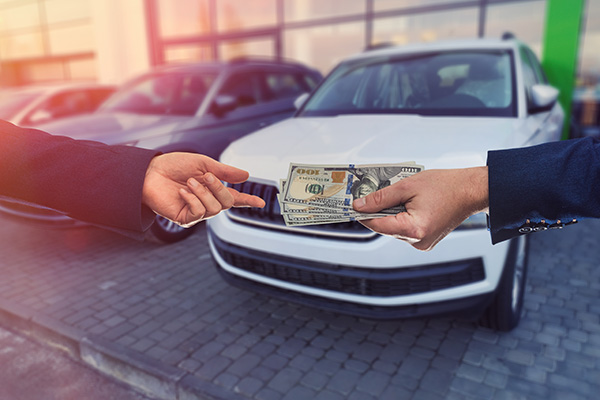
Selling a car can be a bit like navigating a maze. With so many factors to consider, from pricing to presentation, it's easy to feel overwhelmed. However, if you take the right steps, you can maximize your vehicle's value and secure a great deal. Whether you're selling privately, trading in, or going through a dealership, knowing how to position your car in the best possible light is required. So, how do you ensure you're getting the best price when selling your car? Knowing What Your Car Is Worth The first step in getting the best price for your car is to know what it's worth. This isn't just about checking the sticker price of similar vehicles; it's about understanding the current market conditions and how they affect your car's value. Start by researching the average selling price for your make and model, considering factors such as age, mileage, condition, and location. Online tools like Kelley Blue Book, Edmunds, and NADA Guides ... read more